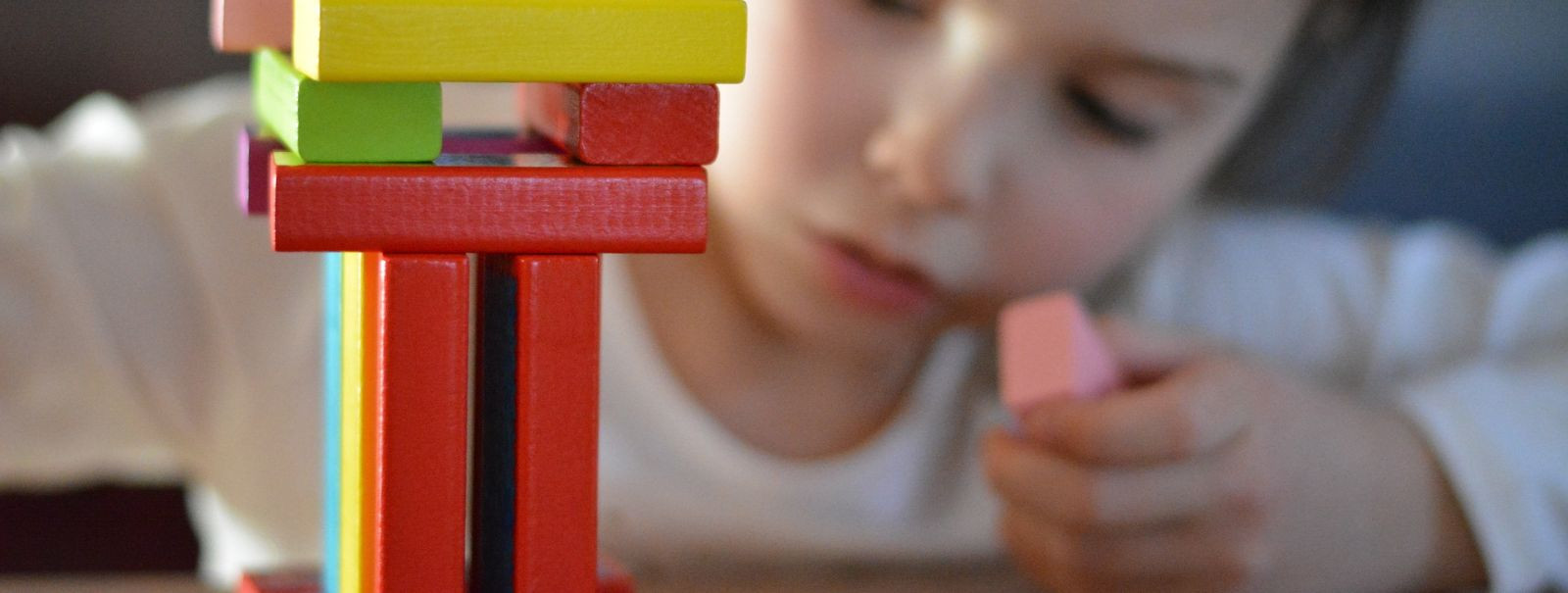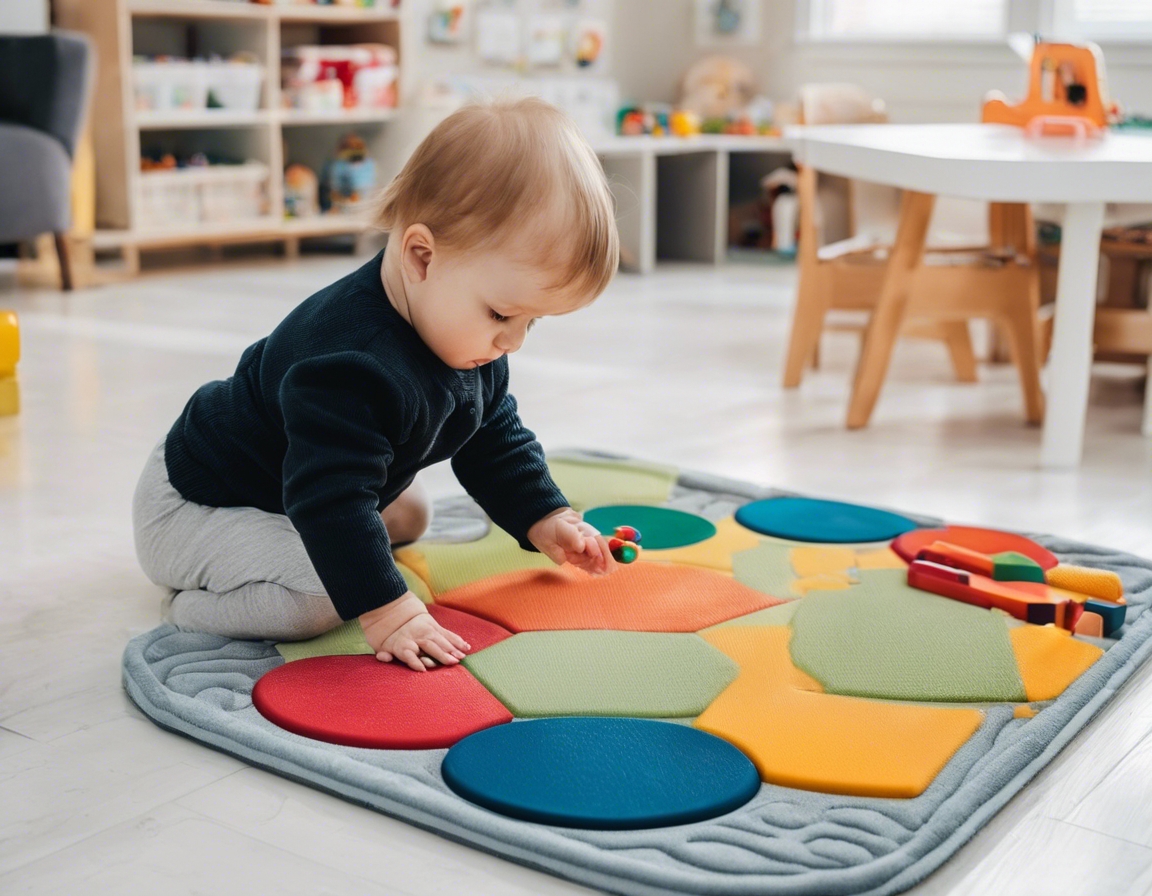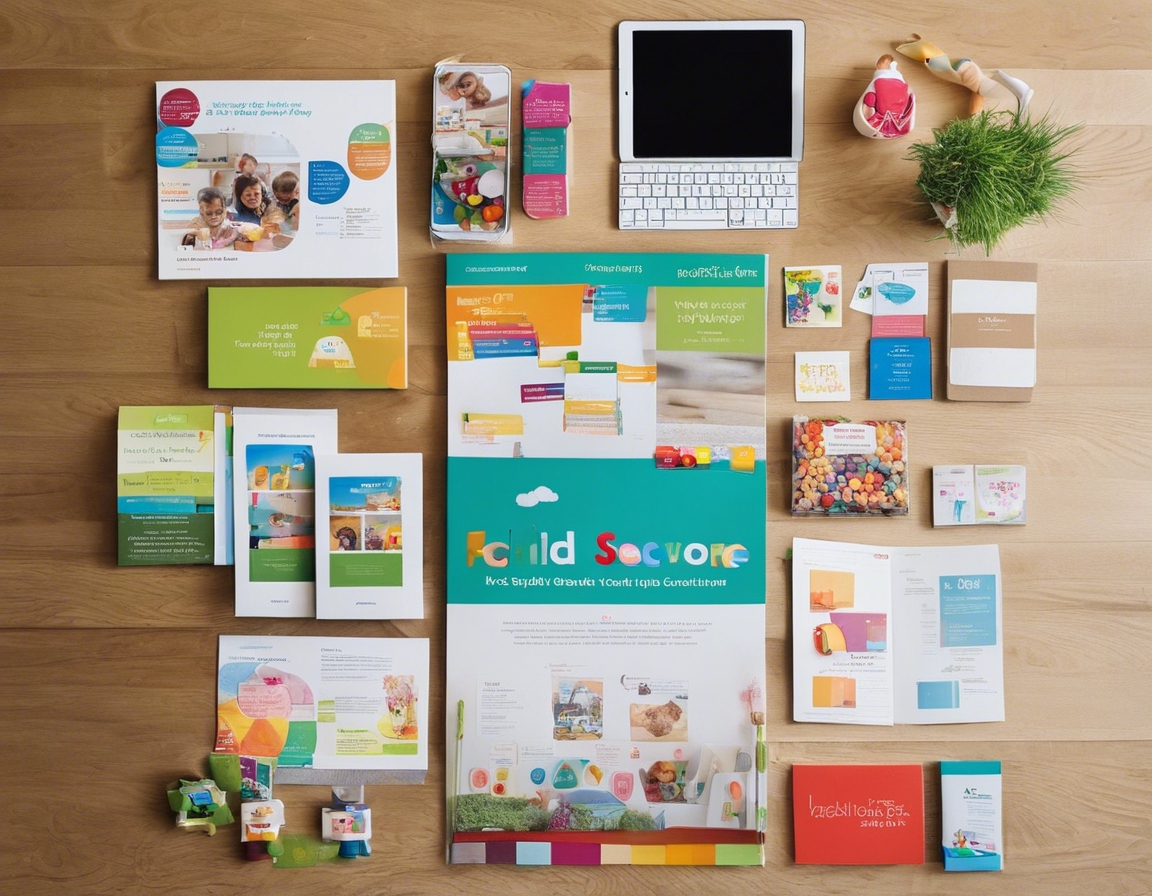Montessori method: shaping independent thinkers
The Montessori Method, developed by Dr. Maria Montessori in the early 20th century, is a child-centered educational approach based on scientific observations of children from birth to adulthood. It is grounded in the belief that children are naturally eager for knowledge and capable of initiating learning in a supportive, thoughtfully prepared learning environment.
Montessori education is built on several core principles, including respect for the child, the absorbent mind, sensitive periods, and the prepared environment. These principles guide the learning experience, emphasizing independence, freedom within limits, and respect for a child’s natural psychological development.
The Montessori Classroom Environment
The Montessori classroom, often referred to as the 'prepared environment', is designed to offer opportunities for children to engage in learning activities of their own choice. It is meticulously organized and equipped with materials that meet the developmental needs of children at each stage of their growth.
Montessori materials are designed to be self-correcting and manipulative, allowing children to explore and learn through their senses. Activities are structured in a way that they progress from simple to complex, and from concrete to abstract, facilitating a deeper understanding of concepts.
Montessori Method and Child Development
The Montessori Method fosters independence by allowing children the freedom to choose their activities and work at their own pace. This autonomy builds self-discipline and confidence, as children learn to make decisions and manage their time effectively.
In a Montessori classroom, children are part of a community where they learn to interact with others respectfully and collaboratively. This social environment helps them develop empathy, understanding, and the skills necessary for effective communication.
Montessori education respects the individual learning pace of each child. It challenges them according to their own capabilities, ensuring that they remain engaged and motivated without feeling pressured or stressed.
Montessori at Home
Parents can extend Montessori principles to the home environment by providing spaces that are safe, welcoming, and conducive to exploration and learning. This includes having accessible, child-sized furniture and materials that encourage independence and self-directed learning.
While the Montessori Method emphasizes child independence, it also recognizes the important role of adults in providing appropriate guidance and support. Parents are encouraged to observe their children, understand their needs, and facilitate their learning without direct interference.
Choosing the Right Montessori Program
When selecting a Montessori program, parents should consider factors such as the school’s adherence to Montessori principles, the qualifications of its staff, and the quality of its learning environment. It is crucial to ensure that the school provides a true Montessori experience that aligns with the child’s developmental needs.
Väike Päike LasteKlubi MTÜ is dedicated to providing an authentic Montessori education that nurtures independent thinkers. Our programs are designed to respect each child’s individuality while fostering a love of learning and a sense of community. We invite you to explore our approach and see how we can support your child’s growth and development.






Comments (0)